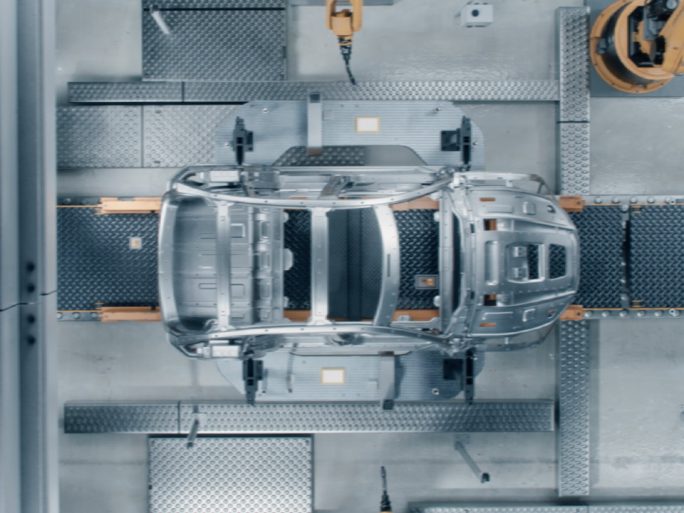Will Software-Defined Vehicles Soon Be the Norm?

According to an IBM study, 74% of automotive industry managers believe that most new cars will be AI-controlled by 2035.
For instance, four out of five new vehicles are expected to feature at least partially electrified powertrains by then. Additionally, three-quarters of respondents indicate that a software-defined user experience will be central to brand value. Consequently, the automotive industry is shifting its business model from one-time car sales to sustainable revenue streams driven by digital services and products.
The study provides a data-driven analysis of anticipated developments in the automotive and mobility industries over the next decade. It is based on interviews with 1,230 senior executives from automakers, suppliers, and related industries across nine countries.
Jeff Schlageter, Automotive Industry General Manager at IBM, emphasized the significance of this shift: “The transition to Software-Defined Vehicles (SDVs) has been identified by most industry executives as crucial for future brand development. This suggests that the value of a vehicle is no longer confined to its initial features and functionality but instead evolves over its lifetime through the ongoing delivery of enhanced customer experiences, new applications, and subscription-based services for drivers.”
Challenges on the Road to SDVs
The study reveals that the industry is preparing to deliver deeper, more personalized user experiences through digital advancements. At present, only 21% of research and development budgets are allocated to software and digital innovation. However, respondents expect this figure to nearly triple to 58% by 2035.
Despite this optimism, SDV development is encountering roadblocks. The traditional vehicle architecture—where individual systems, such as brakes or airbags, rely on separate electronic control units—is becoming obsolete in the age of SDVs. According to the study, automakers must fundamentally rethink their current electrical and software architectures to realize the vision of fully digital vehicles.
The technical hurdle of decoupling software from hardware remains the biggest challenge, cited by study participants as a critical bottleneck. In fact, 77% of executives reported a lack of adequate software development tools and methods, while 74% highlighted that the industry’s historically mechanical culture is hindering the shift to software-driven product development.
Still, Schlageter remains optimistic: “By harnessing the power of cloud technology and AI, automakers can experiment with new ideas, test various software configurations, and gain valuable insights to fuel SDV innovation. Using AI to analyze big data, detect patterns, and make predictions will enable faster SDV development and create personalized experiences for customers.”
Study Methodology
The IBM Institute for Business Value (IBM IBV), in collaboration with Oxford Economics, conducted the study in the third quarter of 2024. It surveyed 1,230 executives from nine countries, representing a mix of original equipment manufacturers (OEMs), electric vehicle (EV) companies (40%), automotive suppliers (40%), and ecosystem players (20%).
The full study is available here.